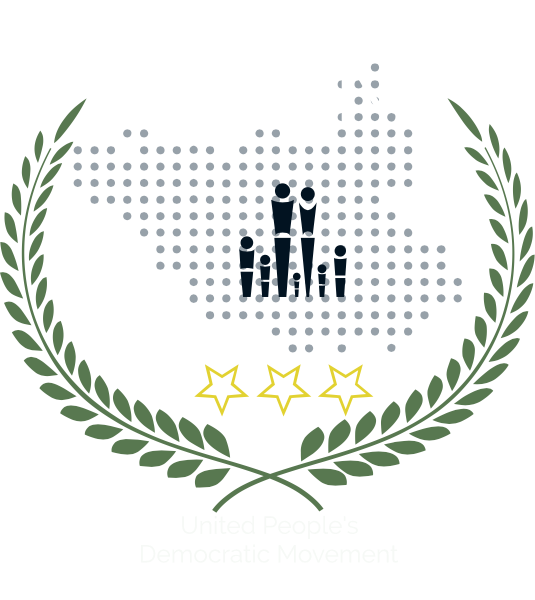WASHINGTON — 18 February 2017
The head of the organization monitoring South Sudan’s shaky 2015 peace deal has sparked controversy by saying rebels who fought the administration of President Salva Kiir should return to Juba, South Sudan.
Former Botswana president Festus Mogae chairs the Joint Evaluation and Monitoring Commission, or JMEC, which oversees the deal between President Kiir and rebel leader Riek Machar.
Mogae recently told the British Broadcasting Corporation that Machar, a former South Sudanese vice president, should not return to the capital, Juba. Machar fled South Sudan in July during clashes between the government and opposition forces that killed some 300 people.
Remarks draw criticism
Mogae’s comments drew a sharp reaction from Remember Miamingi, a South Sudanese activist and international human rights expert on the faculty of the University of Pretoria’s law department.
Miamingi, a lecturer, told VOA the remarks by Mogae show favoritism toward the government of South Sudan.
“He called on the other parties to the agreement who are fighting right now in South Sudan to surrender, come to Juba and ask the president (Kiir) to grant them amnesty. Now this will indicate to me that JMEC has taken sides with the government,” he said.
However, JMEC Strategic Communications Advisor Richard Bailey told VOA Saturday “President Mogae did not, and would never, use the word “surrender” in any South Sudan context. Any accusation to the contrary would be entirely false.”
Rejection of bias charges
Miamingi said by echoing the position of the government of South Sudan on the current conflict, the peace monitoring body risks its credibility. “JMEC then can no longer be a neutral, impartial and an objective referee in a process where it has already taken sides,” he said.
But the JMEC spokesman rejected that assertion of bias.
“JMEC entirely rejects any accusation of bias or partiality in its role in South Sudan. JMEC reports fairly and clearly, attributing responsibility wherever it is appropriate,” Bailey said.
“In the BBC interview to which Mr. Miamingi refers, President Mogae clearly stated the position of the International Community and IGAD with regard to Dr. Riak Machar – not any personal view. He also clearly stated that JMEC believes the representation of the Opposition within the current political process to be “inadequate,” the JMEC spokesman added.
The peace deal brokered by the Intergovernmental Authority for Development. or IGAD, stipulated institutional reforms to address the root cause of the power struggle within South Sudan’s ruling Sudan People’s Liberation Movement (SPLM) party, which resulted in bitter fighting between supporters of President Kiir and his former deputy, Machar, in December 2013.
Decisions questioned
JMEC succeeded in pushing the parties in the conflict to form the Transitional Government of National Unity after the peace deal was signed in August 2015. Mogae convinced rebel leader Machar to return to Juba eight months later.
But Miamingi said JMEC has no moral grounds to make decisions on behalf of the South Sudanese people.
“When we have not heard from AU (African Union), when we have not heard from IGAD, that the region has decided that one of the main parties to the agreement led by Dr. Riek Machar is barred from returning to South Sudan, is that in the interest of the peace agreement?” he said.
The way forward
President Kiir has been telling both local and international reporters since the deadly July fighting in the capital that he will only allow Machar to return to Juba if the rebel leader denounces violence.
Miamingi said JMEC has failed in its obligations to identify the main guilty party violating the peace agreement, and suggested Mogae leave the country.
“The most honorable thing for (former) President Festus Mogae to do and JMEC, is to tell the South Sudanese people and (the) international community that we have tried our best, we have failed and therefore resign and leave,” he said.
However, the JMEC official said,”There is no interpretation of this (BBC) interview (with Mogae), nor any public JMEC statements that can substantiate claims of bias.”
